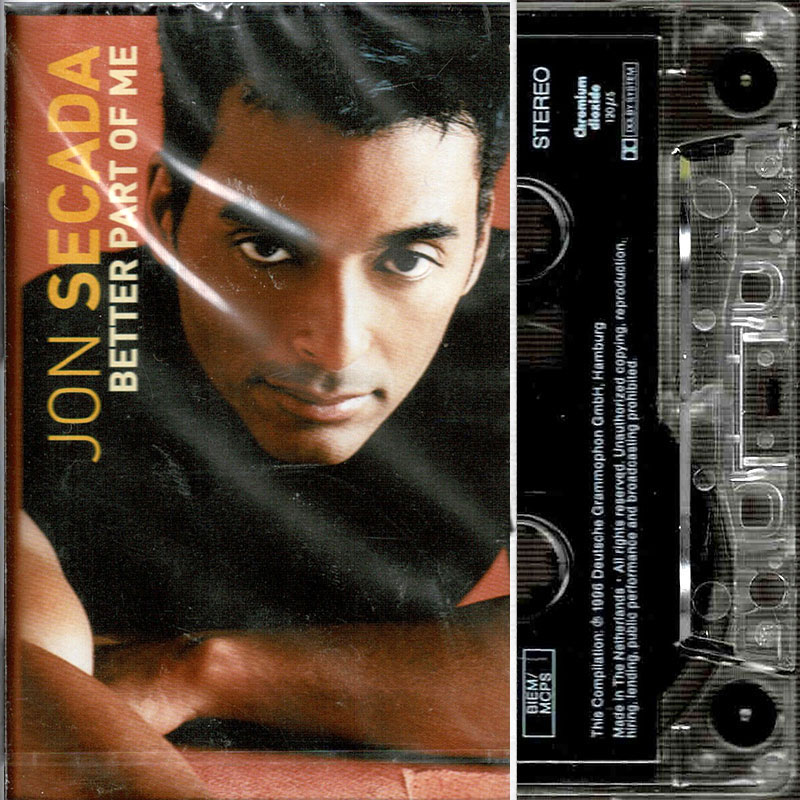Logowanie
Dlaczego wszystkjie inne nie brzmią tak jak te?
Chai Lang, Fan Tao, Broadcasting Chinese Orchestra
Illusive Butterfly
Butterly - motyl - to sekret i tajemnica muzyki chińskiej.
SpeakersCorner - OSTATNIE!!!!
RAVEL, DEBUSSY, Paul Paray, Detroit Symphony Orchestra
Prelude a l'Apres-midi d'un faune / Petite Suite / Valses nobles et sentimentales / Le Tombeau de Couperin
Samozapłon gwarantowany - Himalaje sztuki audiofilskiej
PROKOFIEV, Stanislaw Skrowaczewski, Minneapolis Symphony Orchestra
Romeo and Juliet
Stanisław Skrowaczewski,
✟ 22-02-2017
BARTOK, Antal Dorati, Philharmonia Hungarica
Dance Suite / Two Portraits / Two Excerpts From 'Mikrokosmos'
Samozapłon gwarantowany - Himalaje sztuki audiofilskiej
ENESCU, LISZT, Antal Dorati, The London Symphony Orchestra
Two Roumanian Rhapsodies / Hungarian Rhapsody Nos. 2 & 3
Samozapłon gwarantowany - Himalaje sztuki audiofilskiej
Winylowy niezbędnik
ClearAudio
Cartridge Alignment Gauge - uniwersalny przyrząd do ustawiania geometrii wkładki i ramienia
Jedyny na rynku, tak wszechstronny i właściwy do każdego typu gramofonu!
ClearAudio
Harmo-nicer - nie tylko mata gramofonowa
Najlepsze rozwiązania leżą tuż obok
IDEALNA MATA ANTYPOŚLIZGOWA I ANTYWIBRACYJNA.
Wzorcowe
Carmen Gomes
Celebrating the art and spirit of music - vol. 5 - Reference Songs
- CHCECIE TO WIERZCIE, CHCECIE - NIE WIERZCIE, ALE TO NIE JEST ZŁUDZENIE!!!
Petra Rosa, Eddie C.
Celebrating the art and spirit of music - vol. 3 - Pure
warm sophisticated voice...
SAMPLER - STS DIGITAL, Gregor Hamilton
Celebrating the art and spirit of music - vol. 2 - Love songs from Gregor Hamilton
...jak opanować serca bicie?...
SAMPLER - STS DIGITAL
Celebrating the art and spirit of music - vol. 1 - Leonardo Amuedo
Największy romans sopranu z głębokim basem... wiosennym
Lils Mackintosh
Celebrating the art and spirit of music - vol. 4 - A Tribute to Billie Holiday
Uczennica godna swej Mistrzyni
Jon Secada
Better Part Of Me
- Jon Secada - vocal
AllMusic Review by William Ruhlmann [-] The vogue for English-sung Latin pop that swept the U.S. in 1999 may bode well for a comeback by Jon Secada who contributed to it by writing songs for the hit albums by Ricky Martin and Jennifer Lopez. But, of course, things don't always work out that way; often, it's only the newly emerged artists who benefit from such a trend. Secada broke big in 1992 with his self-titled debut album and made a successful follow-up with 1994's Heart, Soul & a Voice, but then he suffered a relative failure with 1997's Secada, at least in part because his record label, the since-shuttered SBK division of EMI, was already falling apart and failed to support it. He jumped to Epic, the label home of Gloria Estefan who gave him his start in the business, and clearly has spent a lot of time and money constructing his fourth English-language album, Better Part of Me. It's one of those massive efforts, employing nine producers in an attempt to construct ten possible singles. (There are also four Spanish-language versions and remixes at the end of the disc.) Although Secada has in the past succeeded with ballads that scaled the adult contemporary charts even when they only performed modestly on pop radio, half of Better Part of Me consists of dance songs, several of them, notably the first single and lead-off track "Stop" and "Papi," in a percussive Latin style that strongly recalls Ricky Martin and Marc Anthony's English-language hits of 1999. Though the instrumental tracks are convincing, Secada's voice is too smooth (at least when he's singing in English) to give the songs the requisite excitement. He remains more convincing on the mid-tempo rhythm ballads like "Break the Walls" and "Speak to the Wind," and he is at his best on the slow, heartbreaking love songs "There's No Sunshine Anymore" and "When You're Gone." By its very nature, this kind of attempted blockbuster, like its counterpart in the movie business, requires an expensive, well-constructed publicity campaign to support it. It is in some ways easier to break a brand-new recording artist than it is to re-launch a faded veteran, and even if Secada has made an album that measures up to those of the Latin pop stars who broke through in 1999, his best chance for success still may be with the faithful audience that bought his ballads at the start of his career rather than in competing directly with the young Turks. By the time of the album's release, "Stop," issued as a single several weeks earlier, had not made an impression commercially. The next step seemed to be come with a ballad (perhaps "Lost Inside of You") and try to reacquaint the adult contemporary radio audience with an old friend.
























